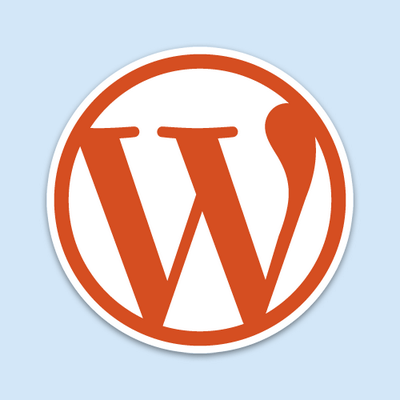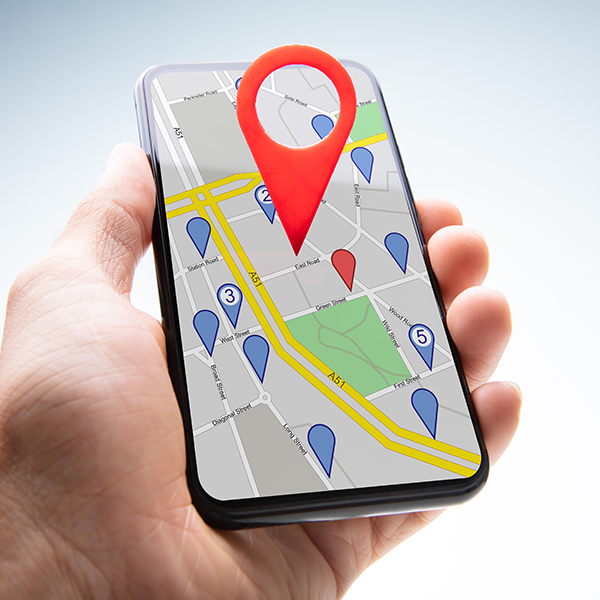With the Rise of AI and Knowledge Workers, the Digital Workplace Will Manage the Information Burden

For all the talk about artificial intelligence (AI) threatening jobs, it's also creating many new opportunities - especially for knowledge workers.
Over the next few decades, AI will automate countless low-level tasks. It will take on the most repetitive and tedious parts of knowledge workers' days, like editing documents or filing paperwork, leaving them more time to handle critical thinking-based tasks.
The term "knowledge worker" was coined by Peter Drucker, the renowned author on modern business management. First mentioned in his 1959 book, "Landmarks of Tomorrow," knowledge workers handle and create information in their day-to-day jobs. For example, software engineers, technical writers and marketing managers all qualify as knowledge workers.
As knowledge workers are tasked with providing the critical thinking behind an increasing amount of information thanks to the low-level tasks AI is taking on, it is critical they're able to find the information need they need as fast as possible. Currently, too much time is wasted, as high-skill knowledge workers spend an average of 28 hours each week handling email, searching for information and collaborating internally, according to McKinsey.
Changing times for knowledge workers
In an AI-driven future, knowledge workers may not have to worry about menial tasks like updating documents and contracts and filing paperwork, however, certain time-intensive tasks - such as managing email and hunting down internal information and documents - aren't so easy to phase out.
AI solutions won't maximize work efficiency until they address other time burdens like email and information gathering. Until these other functions are addressed, knowledge workers will still find themselves buried in information and emails, without optimal time to focus on business-critical tasks.
It's well known that employees spend too much work time hunting down information, but the issue could be eliminated with the adoption of processes that streamline information and document storage as well as colleague-to-colleague communication, leaving employees to reach their highest levels of productivity.
The digital workplace will ease the transition
Embracing a digital workplace solution is the key to empowering knowledge workers to reach their full potential in the age of AI. One of the promises of a digital workplace is to bring all information into one place, eliminating data silos, which is a main contributor to employees spending large amounts of time seeking out documents, information and answers. In addition to serving as a central information hub, the digital workplace also boasts harmonious communication abilities, especially as employees are increasingly working from disparate locations.
Bringing social and collaborative technologies into the workplace is predicted to increase employee productivity by 20-25 percent, according to a McKinsey study of high-skill knowledge workers. When social functions and interactions are built into the digital workplace, employee interactions become part of the organizational data, making them searchable. This means that search time can be reduced by as much as 35 percent.
From IT solutions to remote workplace community to easy-to-find company processes and protocols, the digital workplace can encompass countless aspects needed in a modern workplace. In terms of boosting employee productivity in a time of overwhelming data volume, however, the goal is to make finding information in the enterprise as easy as asking Siri if rain is in the forecast for today.
As knowledge workers see increased responsibilities and workloads in their roles thanks to the automation of certain processes, turning to a digital workplace platform ensures organizations can maximize the productivity benefits of AI. Seamless collaboration and centralizing data and processes are critical to forging forward into an AI-backed organizational future, and no tactic can promise that quite like a purpose-built, forward-thinking digital workplace can.
 About the Author
About the Author
Mike Hicks is a total foodie and loves to build things. Whether he's embarking on an exotic tasting adventure or thinking of his next great marketing campaign, his passion for new experiences never stops. That's a quality that comes in pretty handy as the lead of Igloo's Marketing organization. With over 18 years in the B2B marketing space, Mike brings a deep understanding of the buying process, a proven record of success through adversity, and a knack for making it easy for current and future customers to engage with Igloo Software.
Subscribe to Our Newsletter!
Latest in Software








